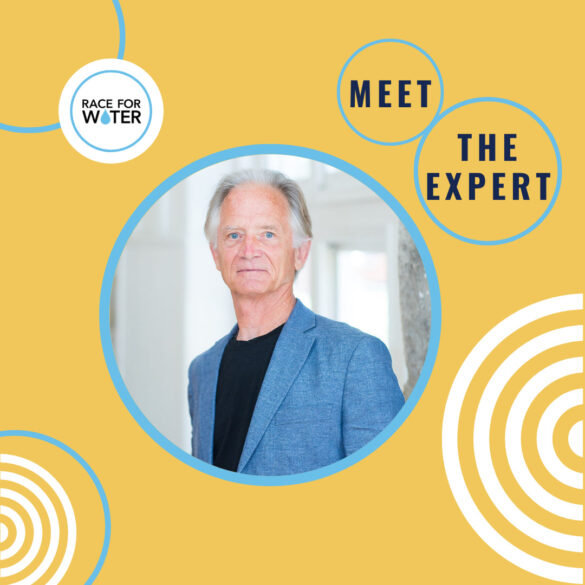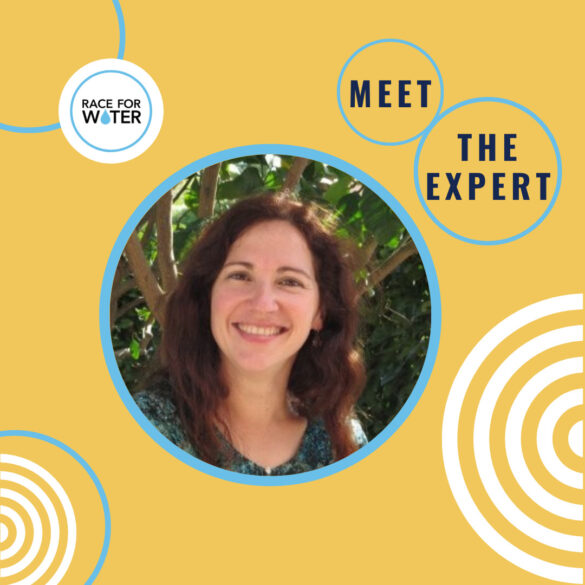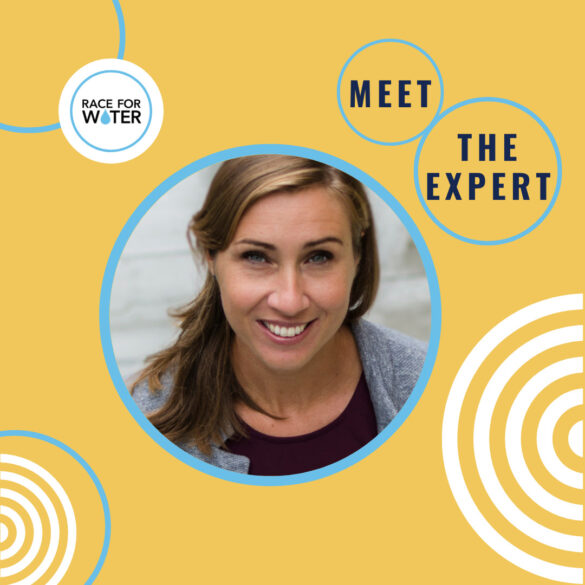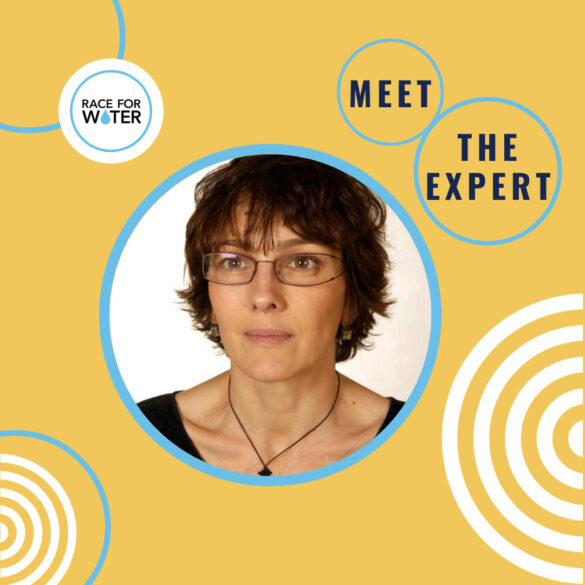
Meet the expert - Pete Myers, founder, CEO and chief scientist of Environmental Health Sciences
For a dozen years, beginning in 1990, Myers was director of the W. Alton Jones Foundation in Charlottesville, Virginia. He also co-authored Our Stolen Future (1996), a book that explores the scientific basis for concerns about how contamination threatens fetal development.Pete is now actively involved in primary research on the impacts of endocrine disruption on human health. We had the honor of interviewing him last spring, primarily on this topic.
Episode #1 Endocine disruptors
Episode #2 Chemicals testing and regulations
Episode #3 Recycled and biodegradable plastics
Meet the expert - Anne-Leïla Meistertzheim, Director of Plastic@sea
Anne-Leïla Meistertzheim holds a PhD in marine biology. She founded Plastic@Sea in 2018, whose expertise is now internationally recognized on the fate and effects of plastics in marine ecosystems. Since 2019, Dr. Meistertzheim has been a member of the Race for Water College of Experts. We couldn’t have found a better expert for our episode series on plastics and the marine world.
Episode #1 An ecosystem in danger
Episode #2 Biodegradability at sea


Meet the Expert - Interview with Anna Lennquist, Senior Toxicologist, Chemsec
The next installment of our “Meet the Expert” series focuses on plastics and chemicals with Chemsec toxicologist Anna Lennquist. Dr. Lennquist, who has been working tirelessly to transition to a chemical-free world, shows us the way to get there.
Episode #7 Recycling toxic substances
Meet the Expert - Interview with Fabienne Maleysson, Journalist, Que Choisir
The bans on disposable plastic objects are becoming more and more common, however, the so-called more ecological alternatives that we find on the market today are not free of problems. Indeed, according to a study carried out in 2021 by the magazine UFC Que-choisir on several utensils made of vegetable materials, almost all of them contained undesirable and dangerous substances for health. In absolute terms, as journalist Fabienne Maleysson mentions, it is our way of consuming that must change by first asking the question: “Is it really necessary to buy disposable items?
